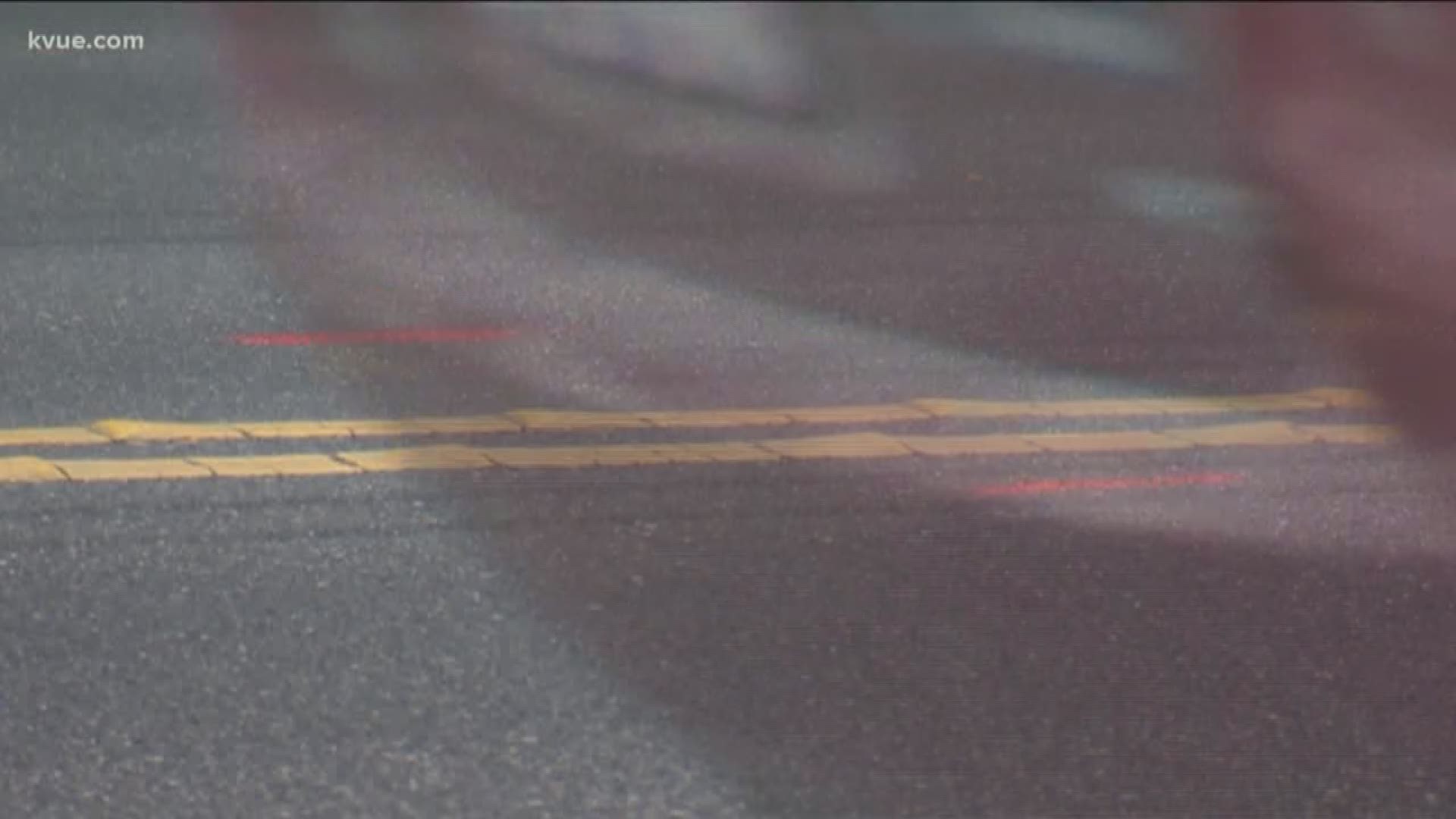AUSTIN, Texas — A study on San Francisco traffic suggested that ride-sharing is increasing congestion – but that isn't true for Austin, according to a UT transportation expert.
A study the Transportation Authority published in 2018 said in San Francisco, transportation network companies (TNC) like ride-share apps were responsible for half of the “swelling traffic from 2010 to 2016.”
In a post on Reddit, users wondered how these ride-share apps affect Austin traffic. Multiple users suggested that traffic built up here based on the constant stopping of cars on the side of the roads to pick up passengers.
But what's the expert opinion?
A University of Texas at Austin transportation expert, Kara Kockelman, told KVUE that Uber and Lyft are not adding to the city's traffic and congestion.
The San Francisco Chronicle article on the study cited a report for accounting Uber and Lyft to be responsible for two-thirds of a 62% rise in congestion in San Francisco over six years. But Kockelman said that sort of issue doesn't apply to Austin because the traffic here is different in a number of ways.
"We have far more parking than SF does. People aren’t as interested in paying $2 per mile to get to their destinations (to avoid the hassle and cost of parking in Austin’s core). We also have much greater land development still happening, all over, including near downtown because we’re not built out the way SF is. (So workers and others can live or hotel closer to their jobs and destinations than those who head to SF can)," Kockelman said. "We also don’t have extensive and well-used transit systems (like BART & Muni) to 'steal' riders from. And we have trips taking place all over, so we don’t have a lot of lower-income TNC drivers heading into our core from far away to try and chase down TNC callers (which is what the very small City of SF has)."
Kockelman did say that ride-share companies and cabs aren't completely off the hook about contributing to congestion.
"I agree that TNC [transportation network company] (& cab) drivers often stop in bad spots and create congestion. They also drive about half their miles 'empty,' which adds congestion. I wish Austin travelers would share rides more often so that seats get better filled," Kockelman said. "And I wish that all congested regions would start introducing credit-based congestion pricing, using GPS (rather than overhead RFID tag readers) so we can cost-effectively price our bottlenecks to keep traffic moving and return all those revenues to travelers, in the form of uniform travel budgets."
She also said that if we one day see an increase of self-driving cars, that could contribute to congestion.
"In the far future, if shared autonomous vehicle (SAV) systems come to Austin at a price of $1 per mile or less, we may see a big drop in human driving and a large shift to self-driving. That could create a fair amount of congestion, due to more vehicles on the road and travelers less worried about longer travel distances and times (because drivers can do something productive en route [like answer emails or rest], rather than steer & brake the car). Again, credit-based congestion pricing is pretty much the only policy that can save us, in an equitable and quality-of-life-improving way."
PEOPLE ARE ALSO READING:

